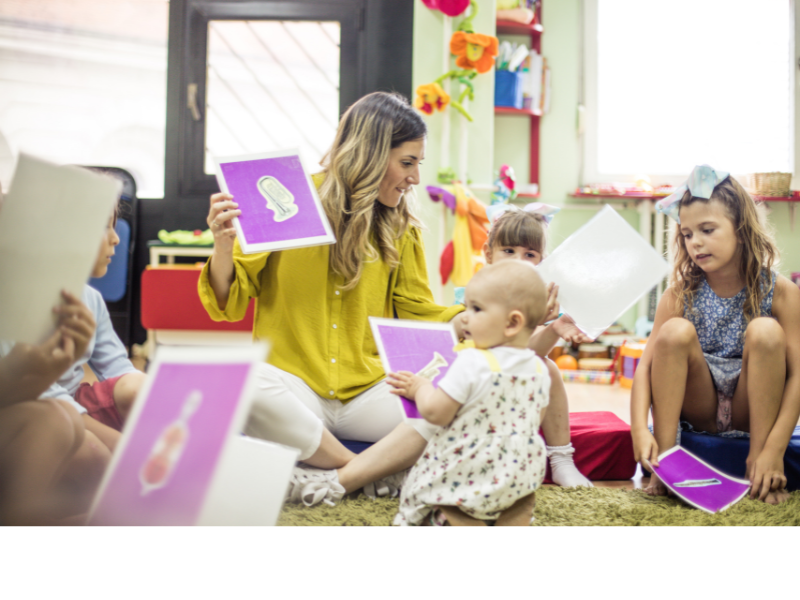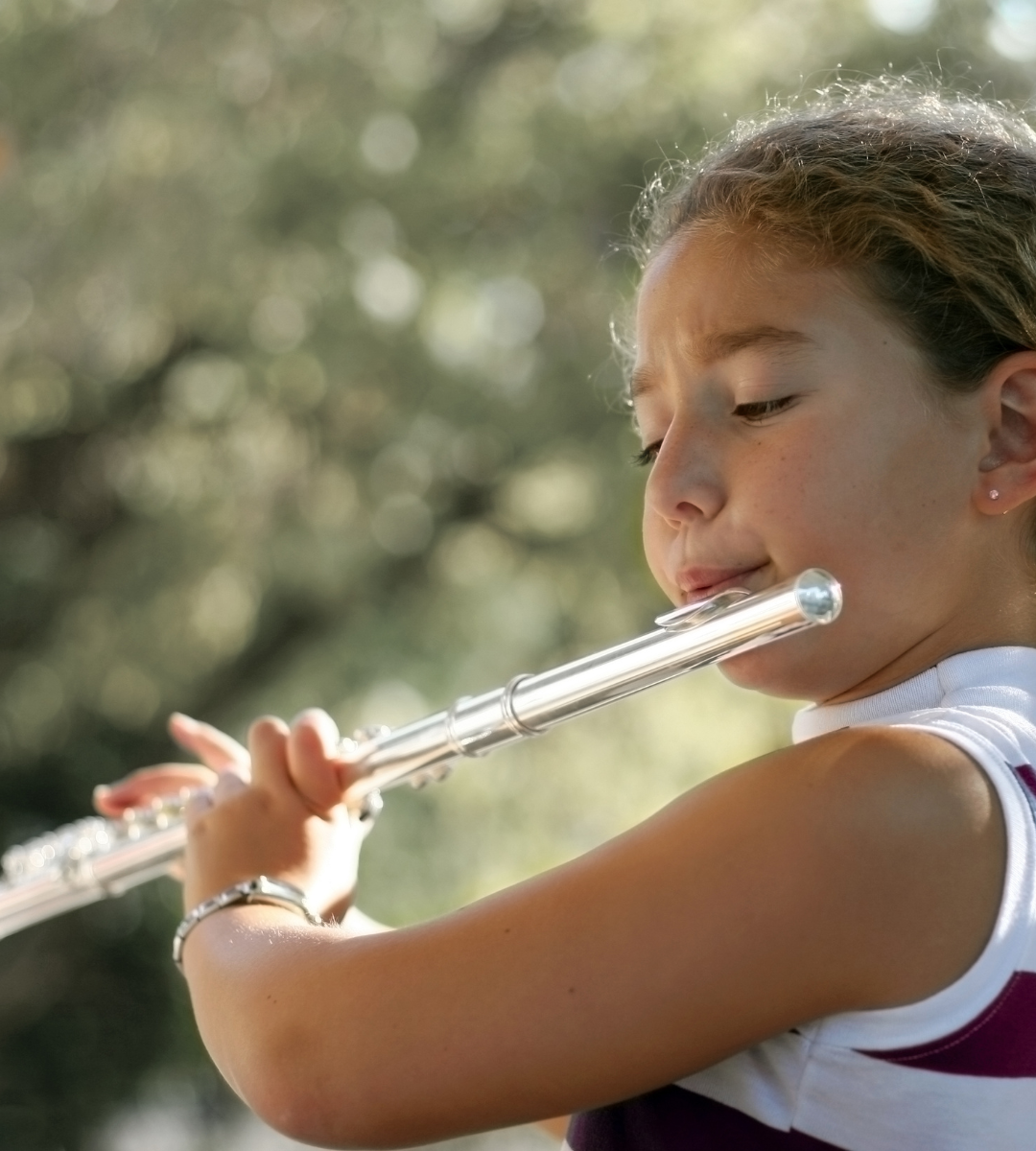Is music talent set or grown?

Our traditional ideas about musical talent are being challenged by neuromusical research. Through studying musicians Neuroscientists and psychologists are working with a theory that we are born with predispositions for many things. Some people are born with a predisposition for learning and understanding music.
This is often evident in their very high levels of auditory processing. But within the theory, there is also an understanding that those predispositions, in many cases, will one day be realised without the opportunity in life to build upon those predispositions. The simple way to understand the difference is that we no longer think of talent as nature OR nurture, we now think of it as nature AND nurture.
Working with this theory we have to also take into account the influences of genetics and personality, both of which fall into the category of a predisposition we are born with. I often think about it with sports. I might desperately want to become a professional basketball player, but with a genetic predisposition to grow no taller than about 160cm (5 foot 7 inches), I might struggle with that dream. Similarly in music, if I was born with a low predisposition for the persistence that is required for music practise, I would probably be unable to reach the level required to perform as a professional musician.
So, how much of the idea of talent is set and how much can be grown? I think this would be a great topic for debate around a table full of musicians and music educators. This is because we sometimes view the concept of talent as something we have no control over. If talent can be grown then maybe we do have an influence over it. But how much influence and in what way?
I am working with the idea that maybe talent is a combination of genetics and personality, but those predispositions make music learning look and feel easier, they may not always be predetermined and impervious to change or the influence of nurture. Even more fascinating to me are those students who exhibit higher than average talent/ease with the music learning process to begin with, but then struggle later on because they haven’t developed the skills to practise and learn effectively.
What do you think, is musical talent set or grown?

Playing a wind instrument doesn’t just build tone and technique, it may also help regulate stress and improve sleep. New research links steady breath-sound patterns in wind playing to nervous system regulation, offering a powerful way to connect music learning with wellbeing.
This article empowers parents to advocate for music learning in schools by highlighting both its joyful impact and its proven cognitive benefits. It offers key research-backed talking points to help make the case for music as essential to every child’s education and every school’s success.
A ski instructor once said, “Musicians always learn to ski easily.” That idea intrigued me. Research shows music training sharpens spatial awareness, rhythm, problem-solving, and sensory integration, the very skills that might make skiing (and maybe other sports) come more naturally.
Singing in schools supports language learning, strengthens social bonds, and helps newcomers adapt, and with our science-based music education resources, music teaching materials, and neuromusical learning tools, teachers can unlock the cognitive benefits of music learning.
This blog shines a spotlight on the inspiring stories featured in our latest Fireworks magazine, celebrating the powerful impact of music teachers around the world.
As a music teacher, how often have we heard the phrase, “I have to skip rehearsal, I have a test”? In my school, as in many schools, we have our only rehearsal time in the morning prior to school starting, and I hear this comment regularly through the school year.
This blog explores the quiet power of Stealth Advocacy, subtle, repeated messages that shape how others see music education. From hallway posters to one-liners in newsletters, these small signals work in the background, shifting mindsets over time. If you’re too busy to launch a campaign, this is the kind of advocacy that speaks for you, even when you’re not in the room.
This blog invites music educators to slow down just enough to notice and name the everyday moments that show the power of music learning. From quick chats with parents to check-ins with students or school leaders, these small interactions are golden opportunities to advocate for music education.
In our drive to advocate for music education, it’s easy to focus on public performances, programs, or policies. But real advocacy often begins in quiet moments with students, their stories, and their shifting motivations. This blog explores how listening, noticing, and building trust can turn everyday teaching into powerful, student-centered advocacy.
What if music advocacy wasn’t an event, but a habit?
In the bustle of rehearsals, lessons, and emails, advocacy often gets pushed to the margins. But what if we made it part of our everyday teaching language? This post shares four simple ways to weave music advocacy into daily practice, from quick phrases and bold visuals to shared reflections with colleagues. Small actions, repeated often, can shift how music learning is seen and valued.
Making music together does more than build skills—it builds friendships.
Research shows ensemble experiences activate empathy and connection, helping students feel they belong. From choirs to community bands, music is where friendships grow.
Founder of Bigger Better Brains, Dr Anita Collins, receives hundreds of emails from students around the world asking questions about neuromusical research. So she decided to record a short video about the most asked questions she has received.
We often assume background music helps students concentrate—but new research suggests it’s not one-size-fits-all, especially for learners with ADHD. This study explores how different sounds—classical, preferred music, binaural beats, and medication—affect focus. The takeaway? Familiar, enjoyable music may support attention better than trendy brain hacks. What could this mean for your classroom or studio?
What if music could help neurodivergent students focus, listen, and communicate more easily? Music learning strengthens how the brain processes sound, supports attention and memory, and helps students filter speech in noisy settings. For learners with ADHD, autism, or sensory challenges, it offers a structured, motivating way to build essential skills.
A 2020 study from Brazil found that kids aged 8–12 who joined twice-weekly group music sessions outperformed their peers in reading, writing, and math. They also showed better attention and memory. Led by Projeto Guri, the program proves what many music educators feel: consistent, inclusive music-making fuels broader learning.



















